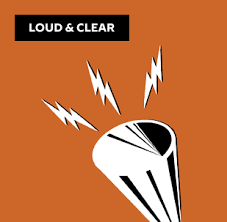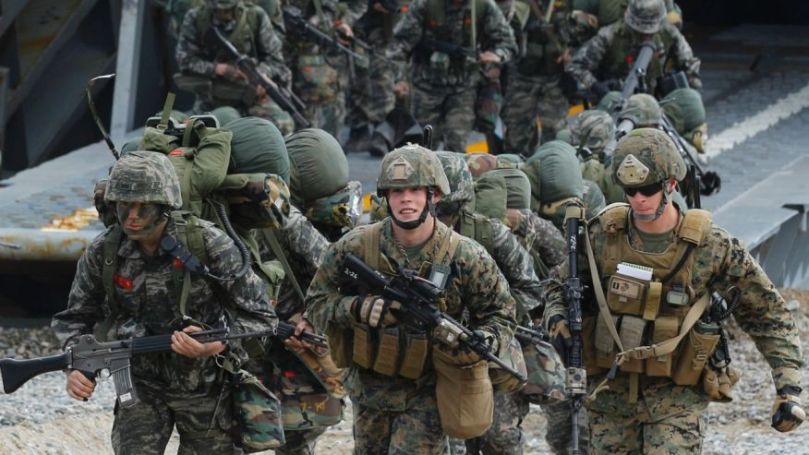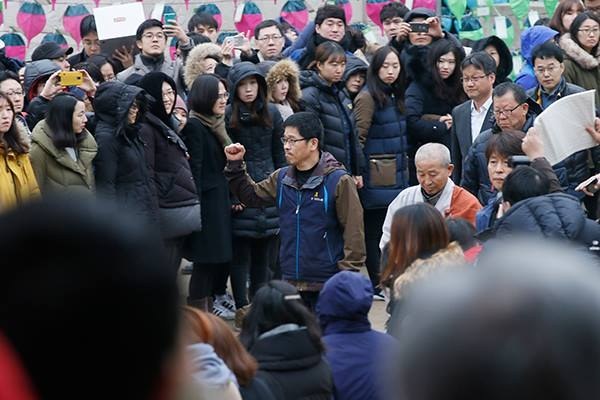
The months ahead may reveal the direction that U.S.-North Korean relations will take under the Trump administration. After eight years of ‘strategic patience’ and the Rebalance to Asia, those relations now stand at their lowest point in decades. Many foreign policy elites are expressing frustration over Washington’s failure to impose its will on the Democratic People’s Republic of Korea (DPRK). There are increasing calls for a change in policy, but what kind of change do they have in mind? We may be at the point of a major transition.









